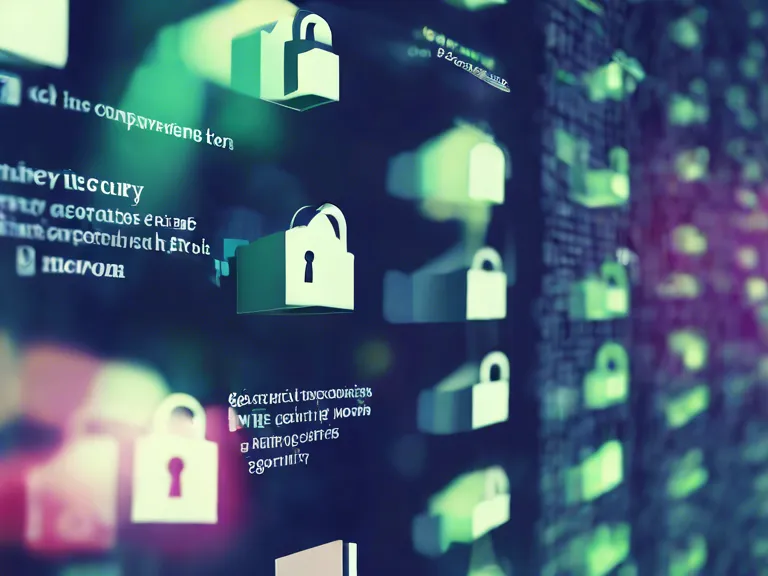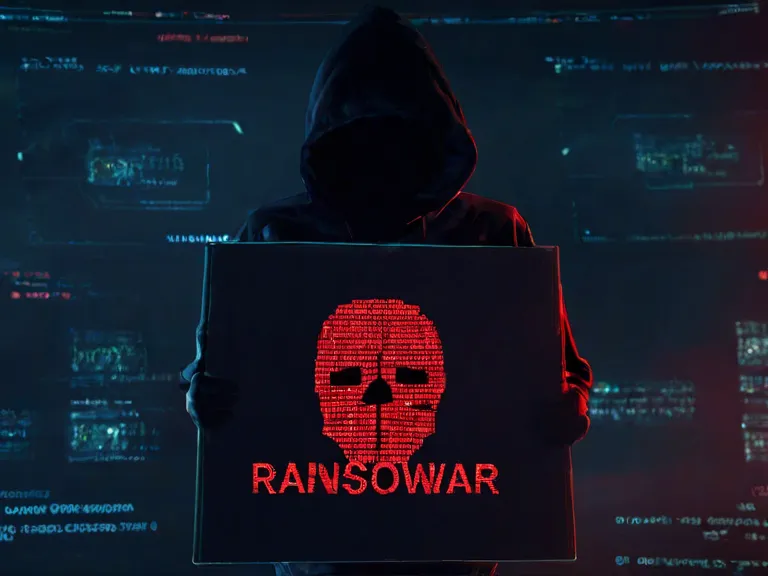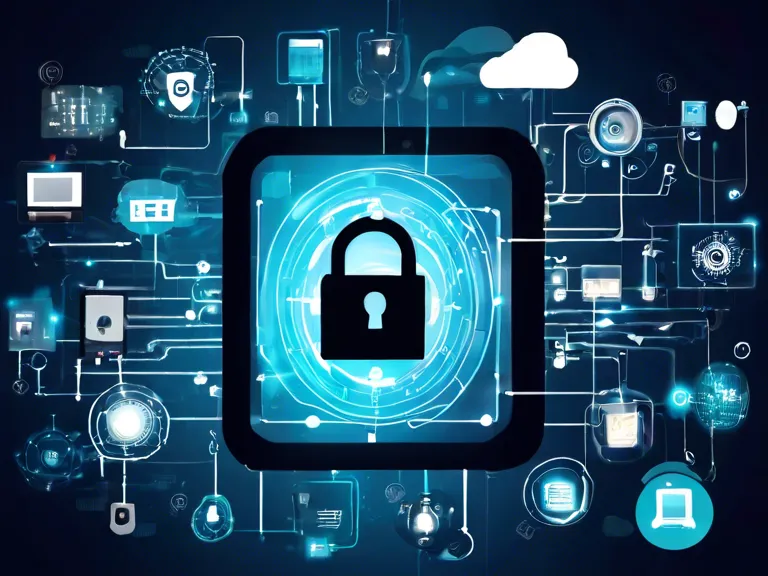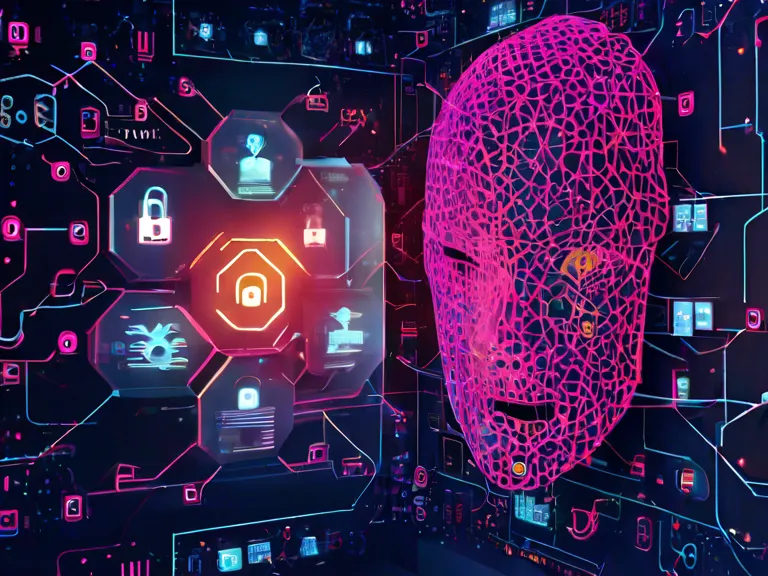
Zero Trust: The Future of Cybersecurity in a Cloud-Driven World
In today's digital landscape, with the rise of cloud computing and remote work, traditional perimeter-based security measures are no longer sufficient to protect sensitive data and networks. As cyber threats continue to evolve and become more sophisticated, organizations must adapt their security strategies to stay ahead of potential risks. This is where Zero Trust comes into play.
Zero Trust is a security model based on the principle of "never trust, always verify." In simple terms, it means that organizations should not automatically trust any user or device trying to access their network, even if they are already inside the perimeter. Instead, every request for access should be verified and authenticated through multiple layers of security, regardless of whether it originates from inside or outside the network.
With the increasing adoption of cloud services and the growing trend of remote work, the traditional concept of a secure perimeter is becoming obsolete. Zero Trust acknowledges this shift and takes a more proactive approach to cybersecurity by implementing continuous authentication, least privilege access controls, and strict enforcement of security policies.
By adopting a Zero Trust security architecture, organizations can better protect their data and systems from insider threats, external attacks, and advanced persistent threats. It can help prevent unauthorized access to sensitive information, reduce the risk of data breaches, and ensure compliance with regulatory requirements.
In today's cloud-driven world, where data is constantly being shared across platforms and devices, a Zero Trust approach to cybersecurity is essential. It provides a holistic and adaptive security framework that can help organizations secure their digital assets and mitigate cyber risks effectively.
As cyber threats continue to evolve, organizations must stay vigilant and proactive in protecting their networks and data. Embracing Zero Trust as the future of cybersecurity can help organizations build a more resilient and secure digital infrastructure in an increasingly interconnected and complex world.



